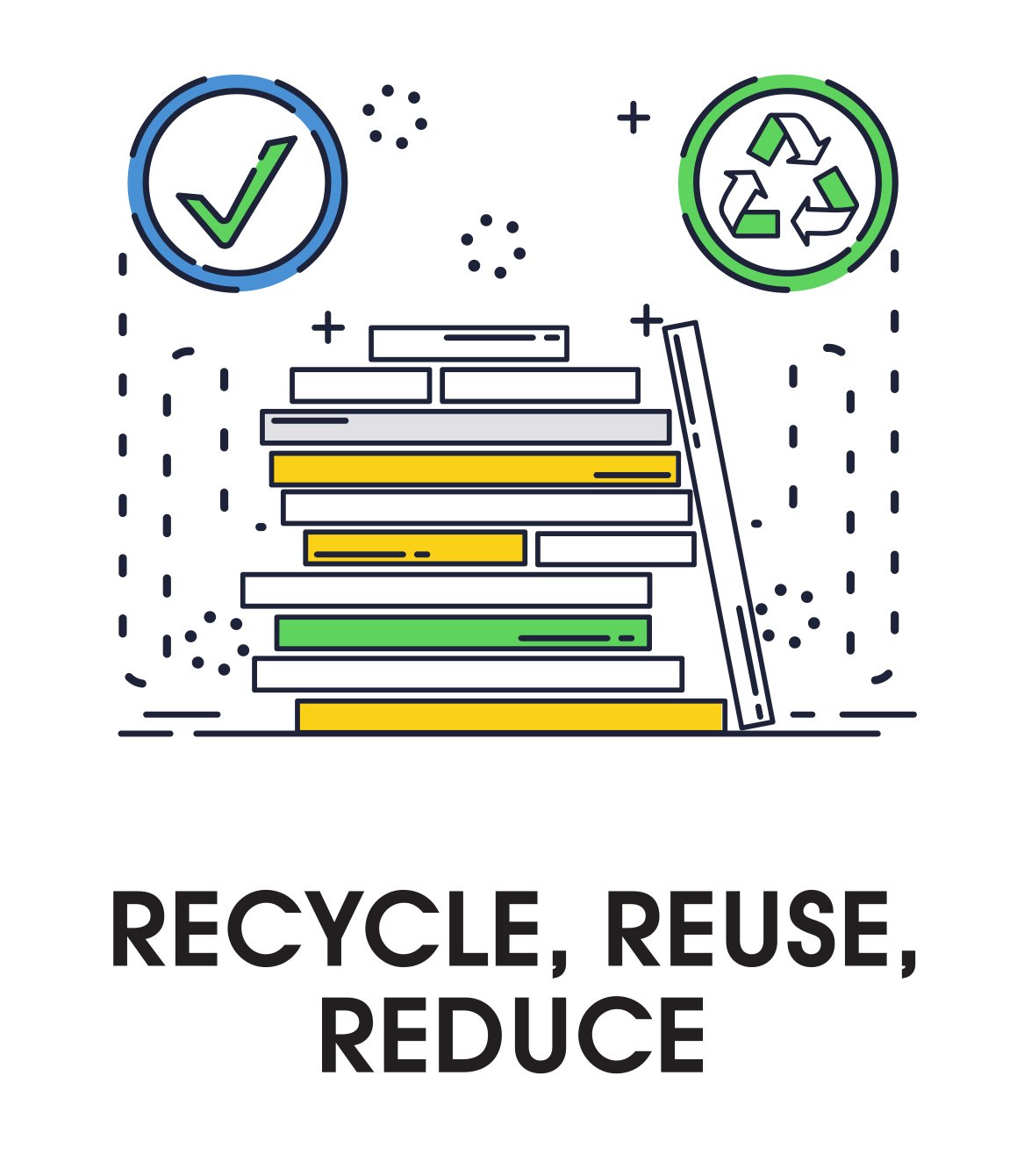Sustainable Manufacturing
Architectural Hardwood Joinery is proud of its commitment and contribution to creating a cleaner, greener environment, and has invested significant time, money and energy to develop a manufacturing facility that minimises its impact on the environment. The entire process from the selection of raw materials through to the type of energy consumed during manufacture has been considered, making AHJ the only carbon negative, sustainable, eco-friendly joinery in New South Wales.
Our Green Credentials
-

Electric Vehicle
• Site visits are done in an 100% electric vehicle which is charged from our solar system. Our car is running on yesterday’s sunlight!
-

Clean Green Electricity
• The Joinery’s 99kW photovoltaic solar panel system produces 100% of its energy requirements.
• More than 50% of the renewable energy produced by our PV system is exported back to the grid as a manufacturing carbon offset – contributing to Australia’s overall renewable energy target.
-

Reducing Carbon Emissions
• The Joinery’s PV system generates 148 000 kWh of power p.a. to help reduce Australia’s CO2 emissions by over 145 tonnes p.a.
• By using Australian recycled hardwood, we avoid the need to cut down existing trees which store large amounts of CO2 – positively impacting on our environment. Additionally, the large amount of energy and emissions associated with turning a green saw log into kiln dried hardwood is eliminated.
-

Cycle of Renewal
• 93% of the timber used during production is recycled Australian hardwood. This creates building products with significantly lower embodied energy; locking in carbon that would otherwise be released into the atmosphere if the timber was left to decompose as landfill.
• All the recycled Australian hardwood used in our production process is locally sourced (within a 20km radius) to minimise emissions during transportation.
• Sawdust waste is used as horticultural compost and timber off-cuts are used as fuel for heating.
